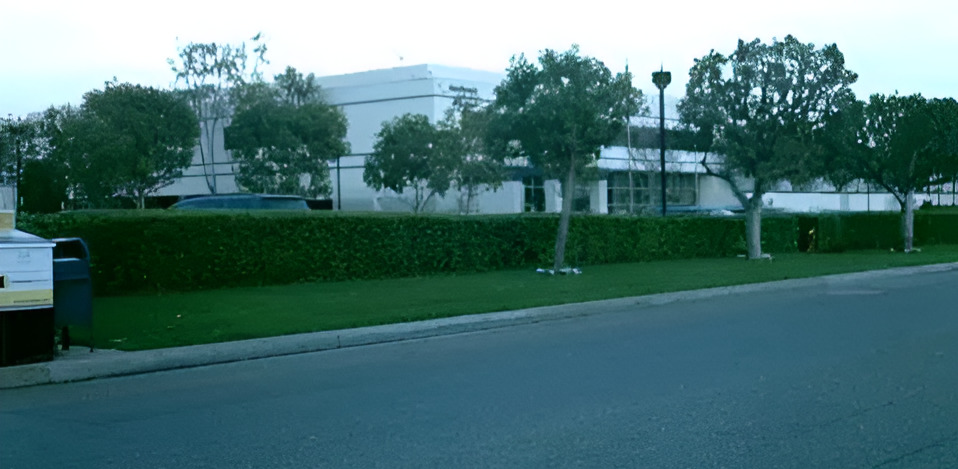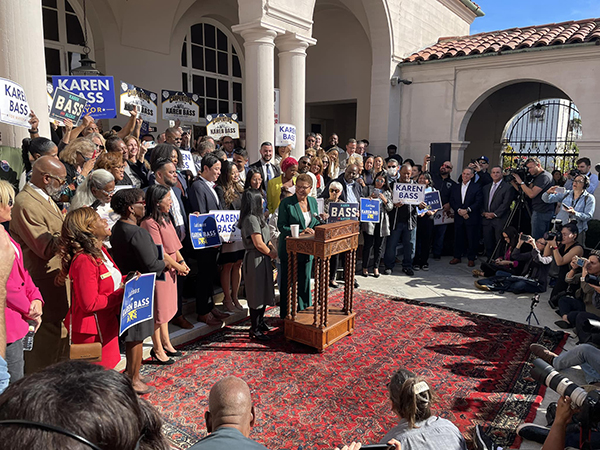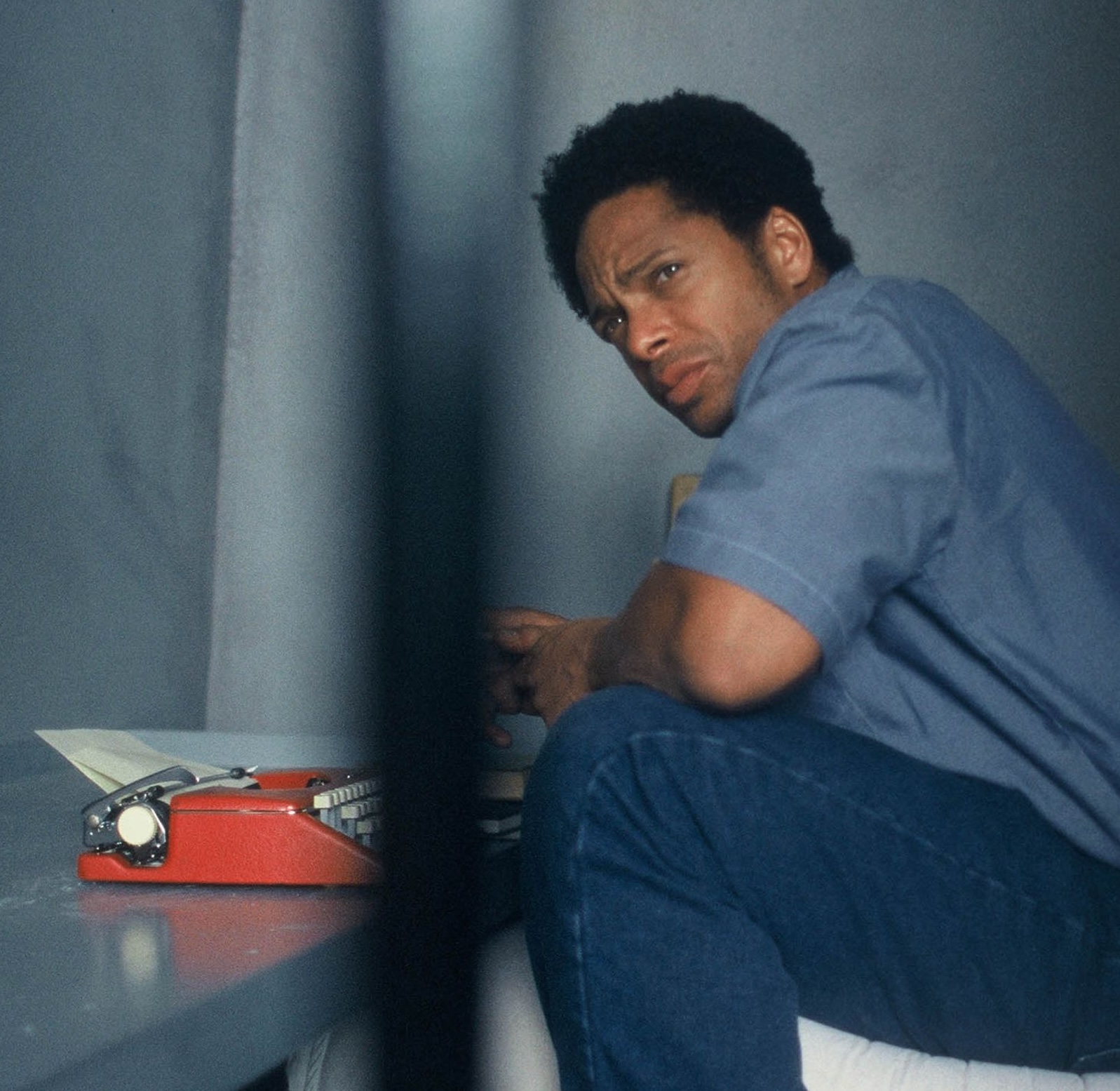Black cannabis business owners aren’t seeing any social equity in California

For many Black cannabis business owners in Los Angeles, the dream of economic empowerment has turned into a fight for survival.
The legal cannabis industry in California was touted as a chance to rectify decades of injustice against communities of color. But to put it simply, that hasn’t happened so far. Legal marijuana sales are booming across California, but the benefits have largely bypassed Black entrepreneurs, who were supposed to be the primary beneficiaries of the state’s Social Equity Program.
Black cannabis owners make up just 4% of all marijuana retailers in the state, despite being among the most targeted by the criminal justice system during the war on drugs, according to data from advocacy group Cannaclusive.
In the case of the Social Equity Program, the money is there. The California Department of Cannabis Control has allocated $100 million to support local programs, and Los Angeles alone has received more than $22 million. But much of that money has been tied up in bureaucratic hurdles, with Black business owners struggling to access the funds they need to get fully operational. Instead of being a bridge to economic opportunity, the program has become another barrier.
Osajefu Oyadeye, a licensed cannabis business owner in Los Angeles, laid bare the emotional toll at a recent L.A. Cannabis Regulation Commission meeting.
“I’m actually fighting back the tears because I actually believed in this program,” Oyadeye said, according to a report from California Black Media. “If the social equity program isn’t reparations for the war that was fought against me and those like me in my community, then what is it?”
Oyadeye is not alone. Across the city, Black business owners like Asia Allen — who runs a dispensary that she says generates $120,000 a month — are struggling with a reality that makes it nearly impossible to thrive. After taxes, fees and payroll, Allen is left with just $2,000 in profit. This is before even considering the high cost of purchasing product for her store.
“I’m so busy trying to keep up with taxes, and payroll, and rent, and pay my people, I can’t survive like this,” Allen said at the regulation commission meeting. “We can’t survive like this. We need your help.”
This isn’t just about one business owner. This is a pattern, and it’s one that has been playing out across Los Angeles, a city that promised Black entrepreneurs a chance at economic equity in the cannabis market.
The numbers don’t lie. California’s cannabis taxes are some of the highest in the nation, and those taxes, combined with licensing fees and operating costs, are adding hurdles to success for many small, Black-owned businesses.
But it’s more than just the financial burden. It’s also the red tape, the delays in funding and the lack of meaningful support that has left many Black entrepreneurs struggling to keep their businesses open.
The situation has grown so dire that the number of inactive and surrendered cannabis licenses in California now surpasses the number of active ones. For all the talk of creating an equitable market, the reality is that the legal cannabis industry has become a space where well-capitalized corporations thrive while small, minority-owned businesses fight for scraps.
In Los Angeles, 70% of cannabis retailers are reportedly at risk of going out of business, according to a recent survey from the United Cannabis Business Association. For many, the numbers are not just statistics — they are the lived reality of Black entrepreneurs struggling to keep their businesses afloat amid mounting obstacles.
What’s clear is that California’s cannabis industry has failed to deliver on its promises of equity. The people who were supposed to benefit the most — Black business owners — are being squeezed out by a system that was never designed to support them in the first place.
Politicians can talk about equity all they want, but until they address the real barriers — including tax relief, streamlined licensing and easier access to capital — this system will continue to fail the people it was meant to help.
The California cannabis industry was supposed to be a model for the nation, a chance to build something better. Instead, it’s become a cautionary tale for how even the most well-intentioned policies can fall short when they’re not designed with the people they’re meant to serve in mind.
Dion Rabouin is The Wave’s business and digital editor. Feel free to send suggestions and story ideas to Dion@wavepublication.com.





